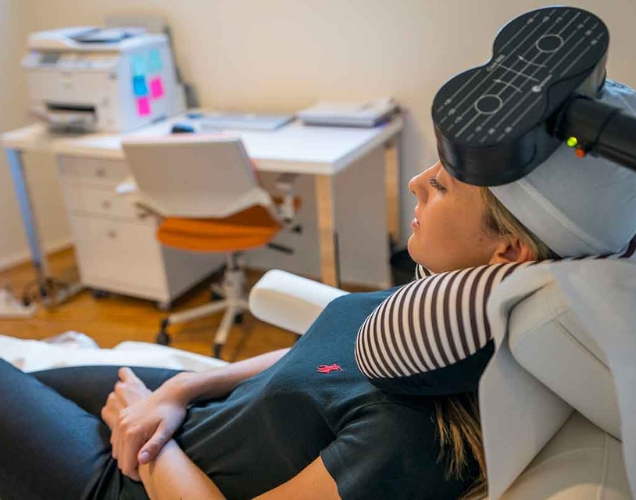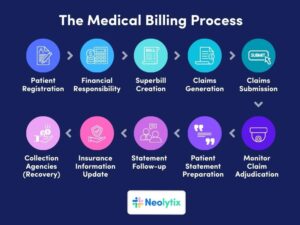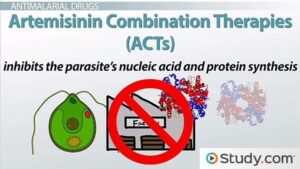The method of noninvasive brain stimulation known as Deep Transcranial Magnetic Stimulation (TMS) represents an advancement over figure-8 TMS, first introduced in 1985. Later research found that TMS’s magnetic fields can stabilize and regulate neural activity in certain brain structures, alleviating mental health symptoms. Deep TMS near me therapy, also known as dTMS, is a non-invasive mental health treatment patented by BrainsWay that activates brain cells (neurons and neurotransmitters) that affect mental health symptoms.
Deep TMS Therapy
The Deep TMS treatment with the BrainsWay machine involves sitting comfortably while wearing a helmet-shaped device that sends tiny, barely perceptible electromagnetic pulses to the brain areas associated with symptoms. The doctor monitors brain activity on a screen to stimulate desired brain regions. An average deep TMS session lasts 20 minutes.
Benefits of dTMS
Deep TMS has these advantages over traditional rTMS as a more advanced transcranial magnetic stimulation design.
Deep Brain Stimulation
TMS with the BrainsWay machine penetrates the brain 0.25” (3.2 cm) deeper than 0.27” (0.7 cm) with a figure-8 coil. This may explain why dTMS works better than rTMS in comparisons.
Increased Coverage
The BrainsWay H-coil safely emits a wider and deeper magnetic field to avoid missing the patient’s symptom-related brain areas.
Consistent Coil Contact
The H-coil device is designed to provide better coil contact to targeted brain regions, with custom variants for different mental health conditions. TBS uses the BrainsWay H-coil differently than dTMS. Low stimulation intensity and shorter treatment length are used in TBS for extremely treatment-resistant depression and suicidal thoughts.
This method has helped patients whose symptoms had previously resisted deep TMS, giving it an advantage over figure-8 coil devices.
Deep TMS therapy near you is FDA-cleared for treating depression, anxious depression, OCD, and smoking addiction, while rTMS is only approved for depression treatment.
Ideal for OCD Sufferers
It’s true that 4 million Americans have OCD. This makes finding effective treatments crucial. TMS for OCD was a major advance in treatment when the FDA approved it in 2018. Researchers have even identified OCD treatment brain regions. A 2020 study found 60% of OCD patients improved. Deep TMS works in 4-6 weeks.
What Disorders Does Deep TMS Treat?
Many countries are successfully using deep TMS for the following disorders.
- Drinking Addiction
- Smoking Addiction
- Cocaine Addiction
- Schizophrenia OCD
- ADHD in adults
- Other psychiatric disorders
Is Deep TMS Safe?
Over 60 clinical studies at top institutions worldwide have examined deep TMS for various indications. BrainsWay’s 2013 study on a group of clients who had no other treatment for depression uncovered the only FDA-approved Deep TMS treatment. Deep TMS helped 75% of MDD patients. 50% of MDD clients recovered from depression.
A 2020 study of over 200 OCD patients found that nearly 60% had reduced symptoms, with 70% improving after 18.5 Deep TMS sessions.
After 20 sessions, over 50% of OCD clients saw sustained symptom improvement.
Brain stimulation targeting the medial prefrontal cortex and anterior cingulate cortex significantly improved OCD symptoms, proving Deep TMS’s efficacy.
Deep TMS Risks and Side Effects
New treatments always raise concerns about side effects and risks. Fortunately, Deep TMS clients rarely experience severe side effects.No side effects have been reported for Deep TMS, except for temporary headaches, ringing in the ears, etc. during application. Painkillers are okay if the pain persists after two sessions. Patients can drive after the application. It does not cause sudden memory loss, weight gain, xerostomia, or sexual issues.
After the required examination, the attending physician and patient decide to include this application in treatment. Not all TMS applications are suitable, and the attending physician may not recommend it. Drugs can be taken under doctor supervision during Deep TMS near me. Without medication, patients recovered. Excesses of alcohol or medicine are not advised. Suicidal thoughts, happiness, or anxiety before the application must be reported to the doctor by the patient or family. Better sleep and feeling refreshed upon waking were reported by some clients. Some clients reported a mild, “transient” headache after sessions, like wearing a tight ponytail or headband too long. Other rare side effects include jaw pain and helmet-related discomfort.
Since deep TMS is non-invasive, safety risks are low. Avoid Deep TMS treatment for clients with medical devices in their body, including magnetic or head devices (except for standard fillings), or who have had a seizure in the past.
It is safe to combine Deep TMS therapy with other medications and therapies, but clients must inform their providers to ensure no interactions occur before starting treatment.
Deep TMS: Effective for OCD, Anxiety, Depression, and Smoking Cessation?
Deep TMS center in Dallas works for depression, anxious depression, OCD, and smoking cessation. In 30 20-minute treatments given daily for five days a week, most patients saw improvement in depressive symptoms. One study found 48.1% remission from depressive symptoms!
Conclusion
Deep TMS near me is a unique, effective, non-invasive, and simple treatment for several difficult-to-treat diseases. Many medication and electroconvulsive therapy side effects improve after a few short sessions. BrainsWay’s H-coil technology has been extensively studied despite its simplicity. For clients and healthcare providers, deep transcranial magnetic stimulation will change the medical field.



